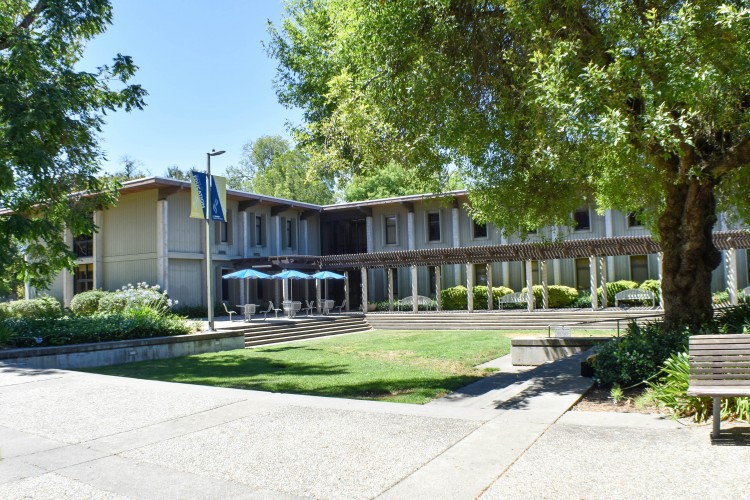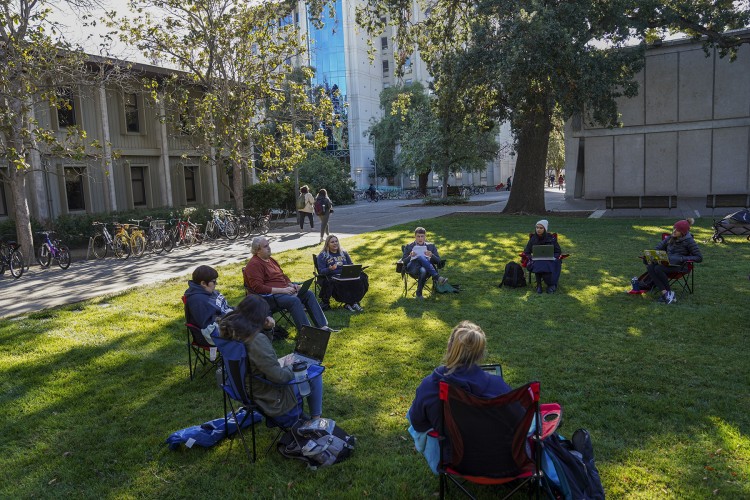Our School
Vision and Mission
Vision
 To use the power of
knowledge and the promise of education
to eliminate inequities and create opportunities for all learners
To use the power of
knowledge and the promise of education
to eliminate inequities and create opportunities for all learners
Mission
The UC Davis School of Education’s mission is to marshal the knowledge and resources of the University of California, the world’s pre-eminent public research university, to confront and eliminate inequities among people and communities through the generation of impactful knowledge and the promise of education.
Why Choose UC Davis?
 Since we were founded in 1905, UC
Davis has been known for standout
academics, sustainability and Aggie Pride as well as
valuing the Northern California lifestyle. These themes are woven
into our 100-plus-year history and our reputation for
solving problems related to food, health, the environment and
society.
Since we were founded in 1905, UC
Davis has been known for standout
academics, sustainability and Aggie Pride as well as
valuing the Northern California lifestyle. These themes are woven
into our 100-plus-year history and our reputation for
solving problems related to food, health, the environment and
society.
Our 5,300-acre campus is in the city of Davis, a college town of about 68,000 located in Yolo County. The state capital is 20 minutes away, and world-class destinations such as the San Francisco Bay Area, Lake Tahoe and the Napa Valley are within a two-hour drive. Read more at the UC Davis Graduate Studies website.
History of the School of Education
 Beginning in 1922, a teacher
education program at Davis in the fields of agricultural
education and home economics was administered jointly by the
Berkeley campus and the University Farm. In 1932 Davis began
offering the Special Secondary Credential in Vocational
Education. When World War II brought a serious shortage of
vocational agricultural teachers, the university began early
placement of credential candidates in full-time school positions.
Beginning in 1922, a teacher
education program at Davis in the fields of agricultural
education and home economics was administered jointly by the
Berkeley campus and the University Farm. In 1932 Davis began
offering the Special Secondary Credential in Vocational
Education. When World War II brought a serious shortage of
vocational agricultural teachers, the university began early
placement of credential candidates in full-time school positions.








